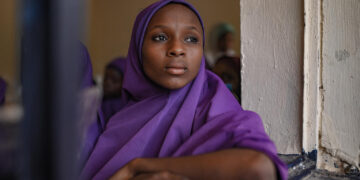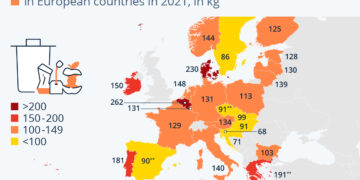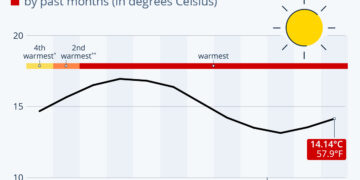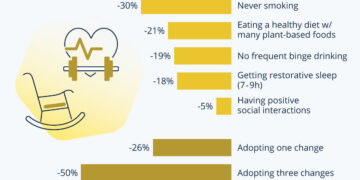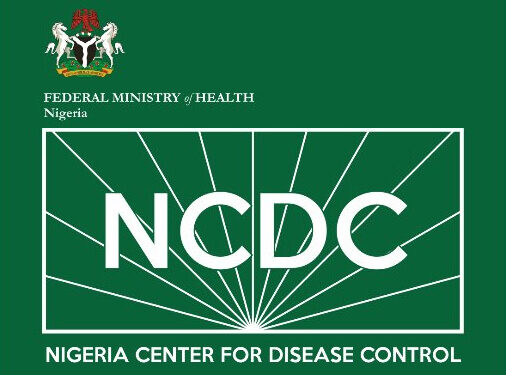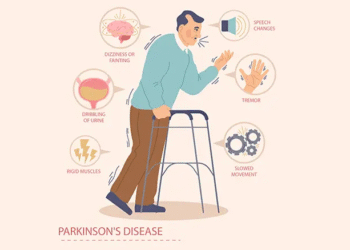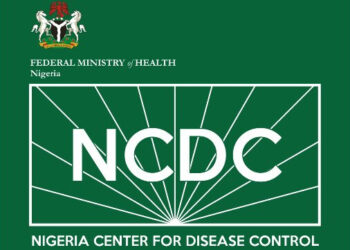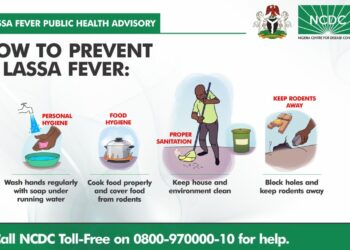Nigeria is facing a severe cholera outbreak that has already claimed 63 lives and affected over 2,000 people across 33 states. The Nigeria Centre for Disease Control and Prevention (NCDC) has sounded the alarm, bringing attention to this urgent public health crisis.
Dr. Jide Idris, Director-General of NCDC, revealed that as of June 30, there were 2,102 suspected cholera cases with a concerning 3.0 percent fatality rate. The top 10 affected states span both southern and northern regions, including Lagos, Bayelsa, Abia, Zamfara, and Bauchi.
At the heart of this outbreak lies a critical sanitation issue: only 16 percent of Nigeria’s local government areas are open defecation-free, with a staggering 48 million Nigerians still practicing open defecation. This shocking statistic underscores the urgent need for improved sanitation infrastructure across the country.
The crisis extends beyond just residential areas. Dr. Idris highlighted that only 11 percent of schools, 6 percent of health facilities, and 4 percent of public spaces like motor parks and markets have access to basic water, sanitation, and hygiene services. This widespread lack of proper sanitation facilities is a breeding ground for cholera and other waterborne diseases.
In response to this crisis, the House of Representatives has resolved to investigate the root causes of the outbreak and collaborate with health agencies to find solutions. They’ve also called on the National Orientation Agency to educate citizens about maintaining personal hygiene.
While some states like Kogi have reported minimal impact with only two confirmed cases, others are on high alert. Oyo State, for instance, has launched a community awareness campaign despite currently having no confirmed cases.
The NCDC has activated a National Cholera Multisectoral Emergency Operation Centre to coordinate the response. Their efforts include distributing medical supplies, providing technical support, and conducting training programs. However, challenges persist, including inadequate toilet facilities, poor water and sanitation, and weak regulatory practices.
Environmental factors are also playing a role, with climate change and flooding exacerbating the situation. The Minister of State for Environment, Dr. Iziaq Salako, emphasized that this outbreak is a stark reminder of the link between environmental sanitation and public health.
Public health experts are calling for a comprehensive strategy to combat cholera. They advocate for improved sanitation, access to safe water, better hygiene practices, and enhanced living conditions. Some are even suggesting that cholera be classified as a neglected tropical disease to garner more attention and resources.
This cholera outbreak serves as a wake-up call for Nigeria. It highlights the urgent need for investment in public health infrastructure, environmental sanitation, and public education. Only through concerted efforts at all levels – from government policies to individual hygiene practices – can Nigeria hope to curb this outbreak and prevent future ones.
As we face this crisis, let’s remember that cholera is both preventable and treatable. With proper management, the mortality rate can be kept under 1 percent. It’s time for Nigeria to take decisive action and prioritize the health and well-being of its citizens.

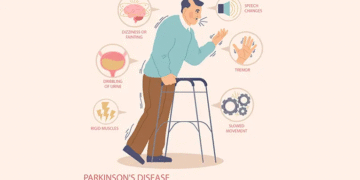


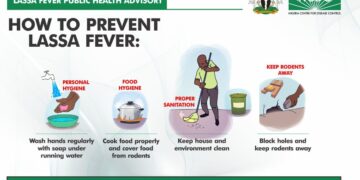

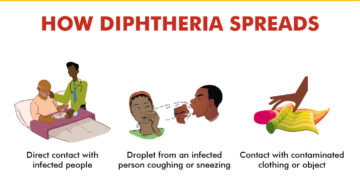


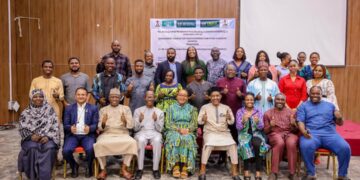


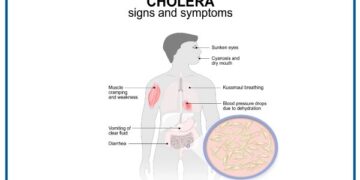





![Antimicrobial Resistance [AMR] in Hausa](https://healthtoday.com.ng/wp-content/uploads/2024/02/antimicrobial-resistance-AMR--360x180.jpeg)


